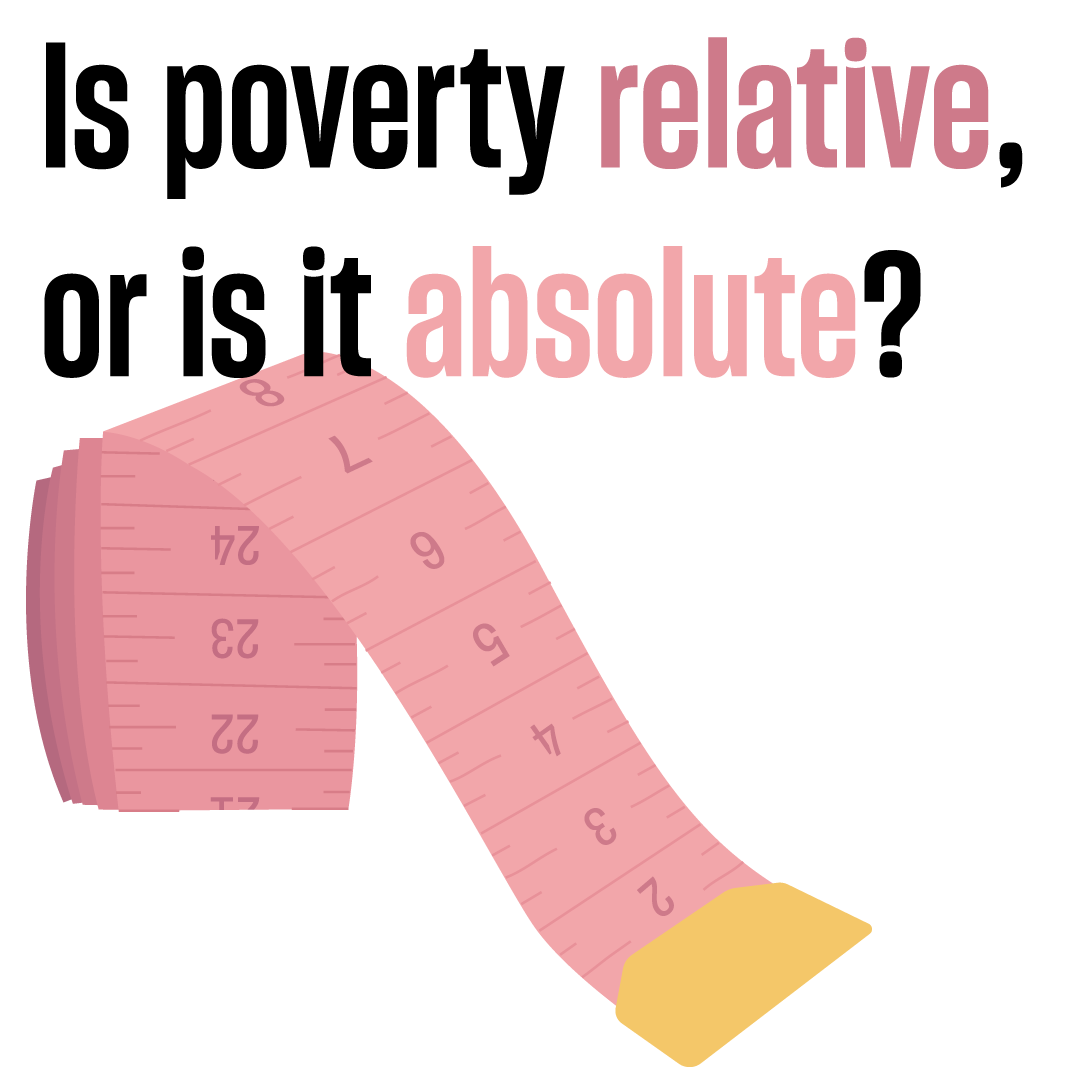Nov 28 2019 26 mins 69
When the early poverty researchers Charles booth and Benjamin Seebohm Rowntree visited the East End of London in the late 19th century, they found large numbers of people living in the most desperate poverty. Inadequate food and shelter and unsanitary conditions were commonplace for Booth, Rowntree, and their contemporaries. Measuring poverty was a relatively simple matter of counting the number of people engaged in a daily struggle to exist in the face of absolute hardship. Today, measuring poverty in developed nations has become a far more complex and contested matter. The struggle to acquire the basic essentials of food, shelter and hygienic conditions no longer exists on such a widespread basis. Indeed, it could be argued that it no longer exists at all in this country. But many people, including the UK government, and charities such as Oxfam, the Child Poverty Action Group, and the Resolution Foundation, believe that poverty remains rife in the United Kingdom. The UK defines poverty as disposable income that falls below 60% of the national medium. But imagine a country in which the national median income is a million pounds, someone making £590,000 a year might well fall below the 60% of the median average income, but that person would hardly be impoverished. Similarly, those making more $168, the actual median per capita income in Burkina Faso in West Africa, are no better off for their neighbor's poverty. So are we getting poverty measurements wrong? Is poverty relative, or is it absolute? Joining IEA Digital Manager Darren Grimes to discuss is Kristian Niemietz, Head of Political Economy at the IEA and author of the 2011 release 'A New Understanding of Poverty'.
